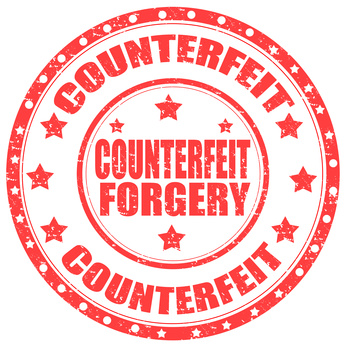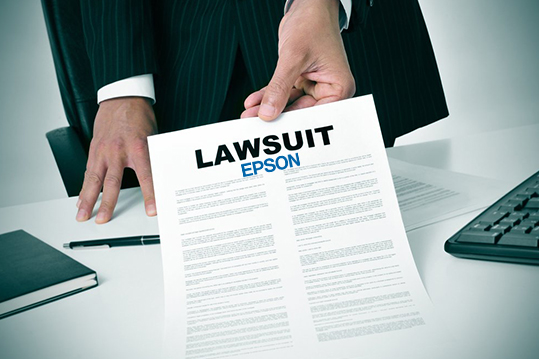Popcorn Analogy Works in Historic US Patent Case
 An article in the National Law Review is tipping that the US Federal Circuit will overturn the conflicting precedent over patents rights on products, after they have been sold.
An article in the National Law Review is tipping that the US Federal Circuit will overturn the conflicting precedent over patents rights on products, after they have been sold.
The court received scores of amicus briefs before its historic en banc hearing on October 2, with the final determination, expected by most, some time in January. Lexmark, a global leader in printing cartridges, accused Impression Products of patent infringement for refurbishing and reselling used Lexmark printer cartridges. Lexmark claims that both nationally and overseas, its patent allowed it to block importation of cartridges back into the U.S. and prevent refill of the cartridges as a violation of the post-sale restriction.
“In all, it seems the Federal Circuit is leaning toward patent exhaustion,” writes Annie Dike in the National Law Review. Dike is a former Alabama trial and litigation attorney, and has a keen eye for expert evidentiary issues and a clear voice for practical solutions.
She likens the case between Lexmark International and Impressions Products to a popcorn tub, the type you buy when you go to watch a movie. She asks the reader to imagine that they have invented, and made a bit of a small fortune selling, the most popular theater popcorn tub in the U.S. They have even committed the consumer to return the empty tub for recycling afterwards. She says, “You feel pretty ingenious having not only set up a way to make millions on the first round of sales but many millions more by monopolizing the market on your refurbished tubs through the post-sale restriction.”
Dike is convinced that the intention behind the first sale of such products is that once the patent holder has received their “reward” from the first sale, they do not have the right to demand a monopoly on future sales of the same product that was sold.
 Patent attorney, Ed O’Connor (pictured), who is representing Impression Products against Lexmark International before the Federal Circuit, likes the popcorn analogy.
Patent attorney, Ed O’Connor (pictured), who is representing Impression Products against Lexmark International before the Federal Circuit, likes the popcorn analogy.
He told RT Media that Dike’s “tub of popcorn analogy was very appropriate. It makes clear that the doctrine of patent exhaustion has serious practical consequences”.
He reiterated that there are, in fact, two decisions that need to overturned. “Both seriously undermine the protection provided by the doctrine of patent exhaustion,” O’Connor points out. “Under the Jazz Photo doctrine, the protection of patent exhaustion does not even exist if the patented product is first sold overseas, by the owner of the patent or his assignee”. He explains in the second case, under the Mallinckrodt doctrine, the owner of the patent may continue to restrict the use by third parties of the patented product, even after the product has been sold.
O’Connor says, “If we are successful in our appeals, the seller of the popcorn tub will be restricted from controlling the use and sale of the tub once it has been sold, regardless of place of sale, and regardless of any attempts to use the patent law to control use and sale by the purchaser”.






Leave a Comment
Want to join the discussion?Feel free to contribute!